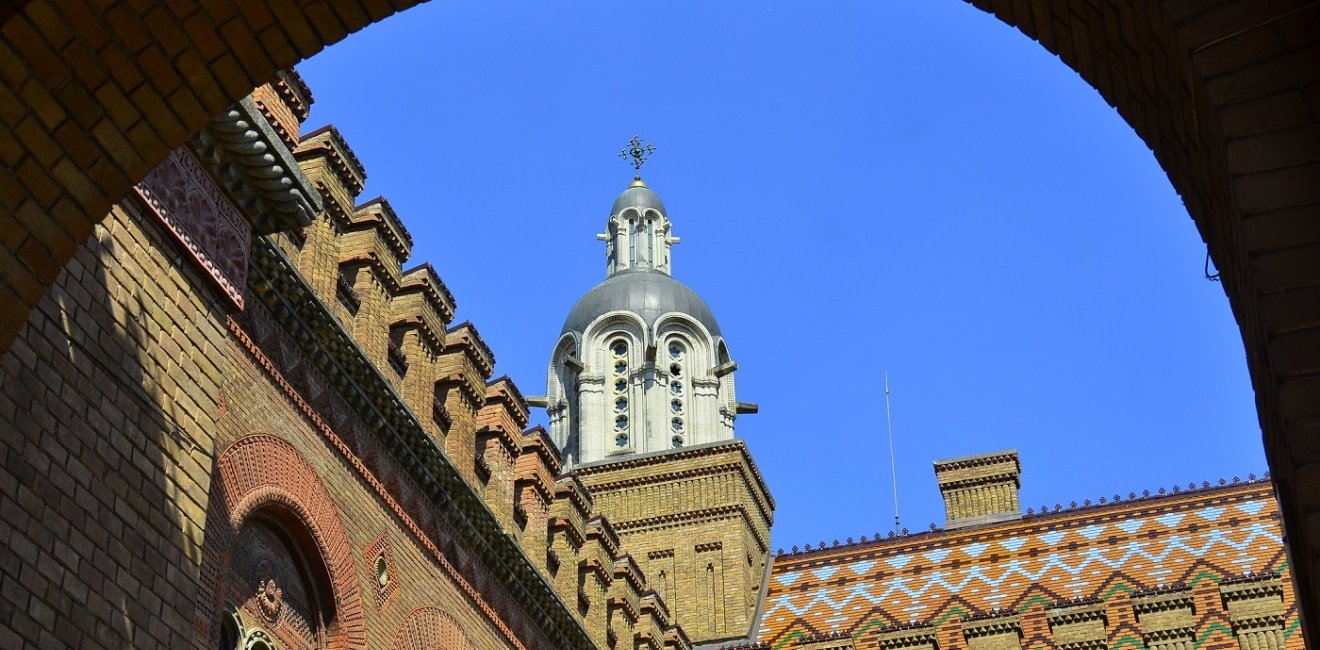
A blog of the Kennan Institute
Since the end of the Cold War, the international community has engaged in postwar reconstruction interventions in different parts of the world, but the war in Ukraine is probably the first time there has been an extensive process of postwar reconstruction planning before a war has ended. This is a significant departure from the usual practice, and it is good for peace of mind. But it is not at all a done deal, as the scope of the reconstruction challenge increases each day, with the continuation of the war, and the international community’s geopolitical priorities might be different (or focused elsewhere) when the actual reconstruction work can start.
Most reconstruction plans for Ukraine to date focus on undertaking rapid damage and need assessment; rebuilding housing, infrastructure, and services; and recovering the economy. It is promising to see that these plans emphasize the importance of modernizing institutional structures, establishing good governance systems, and setting a clear call for the engagement of civil society actors. Moreover, plans include several innovative issues, such as Ukraine’s digital and green transition and sustainable energy, which make the international community’s approach to this work significantly different from almost all other postwar reconstruction interventions in recent times.
These are promising indicators for postwar reconstruction, but one area needs further attention: the rebuilding of Ukraine’s higher education. Ukraine will first need more higher education to keep up with the need for more trained people. No matter how much reconstruction funding is provided, if the country lacks people with the skills to use the help effectively, the reconstruction experience will become a major disappointment for everyone, from donors to national authorities to the war-torn communities themselves.
Second, it is not only having more engineers, doctors, psychologists, teachers, economists, social scientists, among other professionals, that will matter, but also how prepared they are to improve their country. Ukraine’s aid absorption capacities must be built up, so that each dollar invested for reconstruction will serve sustainable development. Such a priority can only be met by developing strategies and training programs for relevant national and local reconstruction actors. Ukrainian higher education could be the best leader for such a process. However, this will require critical investment. In order for the higher education system to meet the requirements of the 21st century, the country must remove itself from the Soviet Union’s science, technology, and innovation ecosystem of the 20th century.
The Ukrainian higher education system will benefit from a wide range of partnership frameworks for faculty and student exchange, joint research opportunities, and know-how transfer. It is encouraging that several universities in Europe and North America have already paid attention to this, and such schemes could be expanded and deepened in the postwar era. These partnerships will be further impactful if the Ukrainian higher education system is reformed and harmonized with Western standards. There are already several Ukrainian universities which have made this move, but there are many discrepancies in resources and capacities among schools, depending on whether the university is in the capital or in the provinces, on whether it is public or private, and on what student population it serves. Moreover, universities are not affected equally by the war. The most damage has been done to universities in eastern Ukraine, especially in currently occupied territories. Therefore, higher education governance needs to be reformed to handle the needs of a society emerging from the ashes of war.
Fourth, the modernization of higher education will also need to acknowledge that the role of education is critical in forging national aspirations that are inclusive, sustainable, and reconciliatory, which is critical to shifting Ukrainians from a militarized consciousness to a collaborative one. This will require a comprehensive review of the system, from kindergarten to university, in terms of curricula and narratives about the war and about building peace. Training teachers to address trauma and conflicts in the classroom and teach about violence and peace is critical for effectively engaging young Ukrainians in the reconstruction of their country. To support such long-term goals, the opportunities to include conflict and dispute resolution perspectives and capacity-building as part of the education system could play a vital role, and this could be a critical area of focus for Ukrainian higher education as well as fertile ground for partnerships with civil society organizations.
Finally, the longer the war takes to end, the more the country will face a brain drain challenge. Millions have already left, including students and academics, and for them to return to their country after the war's end is not a foregone conclusion. Many other war-affected countries, from Afghanistan to Syria, have experienced this. Two challenges will be particularly critical. First, most academics and students who have taken refuge elsewhere are women, as men of fighting age are not allowed to leave the country. Women academics might face some backlash as they return home with careers they have built abroad, which might be a source of resentment towards them. Their expectations for a better life and for accepting higher academic positions and roles might not be welcomed by higher education institutions. Second, some academics, both men and women, had already lost their positions in Ukrainian institutions, decreasing their motivation to return. In other words, the Ukrainian higher education system must be prepared for various organizational and personnel issues. Otherwise, the current brain drain might become a permanent problem.
When it comes to rebuilding education in a war-affected country, the priority placed by the international community is not often at the higher end. There are many good reasons for this in other, less developed, war-torn countries, as the primary challenge has often concerned literacy and other fundamental education problems. However, Ukraine is different. By investing in its higher education, the opportunities for scaling up reconstruction efforts will be significantly multiplied. This is an opportunity not to be missed.
The opinions expressed in this article are those solely of the author and do not reflect the views of the Kennan Institute.
Author


Kennan Institute
After more than 50 years as a vital part of the Wilson Center legacy, the Kennan Institute has become an independent think tank. You can find the current website for the Kennan Institute at kennaninstitute.org. Please look for future announcements about partnership activities between the Wilson Center and the Kennan Institute at Wilson Center Press Room. The Kennan Institute is the premier US center for advanced research on Eurasia and the oldest and largest regional program at the Woodrow Wilson International Center for Scholars. The Kennan Institute is committed to improving American understanding of Russia, Ukraine, Central Asia, the South Caucasus, and the surrounding region through research and exchange. Read more

Explore More in Focus Ukraine
Browse Focus Ukraine
Talking to the Dead to Heal the Living

Ukrainian Issue in Polish Elections


